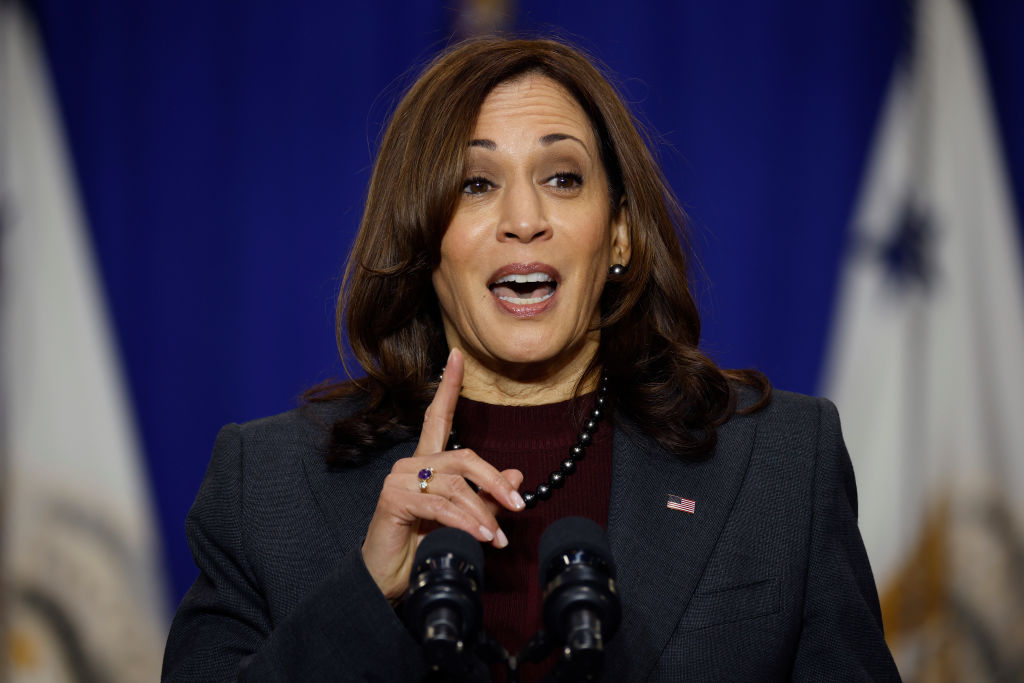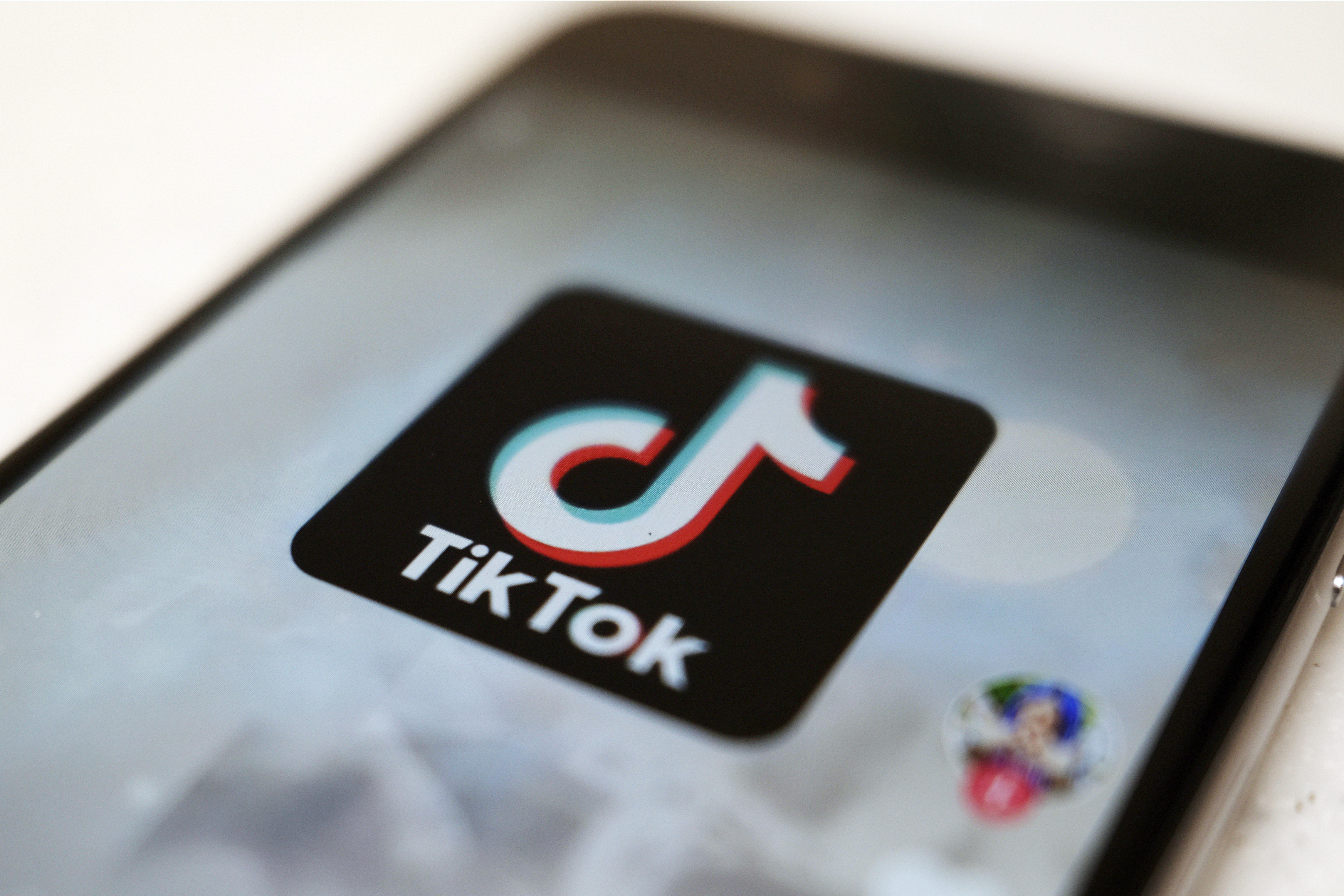US Supreme Court sets test for when officials who block social media critics can be sued

In a decision addressing the issue of free speech in the digital age on Friday, the U.S. Supreme Court ruled that officials could be sued for blocking critics via social media under the First Amendment.
The justices unanimously decided in two cases in California and Michigan that public officials were acting in their official capacity when they blocked critics on social networks. This standard will be used in lawsuits alleging them of violating First Amendment.
First Amendment protections of free speech are generally only applicable to government actors. According to the new test officials are considered to be engaged in government action if they “actually had authority to speak for the state on a certain matter” and “purportedly exercised that authority in relevant posts.”
In two cases, the justices overturned lower court decisions in lawsuits filed under the First Amendment. The plaintiffs were people who had been blocked for posting criticisms to the social media accounts local officials. The justices ordered the lower courts review the cases using the new standard.
|
Social media users often use the blocking feature to silence critics. In 2021, the Supreme Court faced the same issue when it heard a lawsuit over the former president Donald Trump’s attempt to block critics of his on X (then called Twitter). However, the court did not decide the matter because the case was deemed moot once he left office.
Thomas Berry, of the Cato Institute – a libertarian thought tank that filed a brief on the cases – praised the way the justices navigated Friday the competing interests involved.
Berry stated that “the court’s approach strikes an appropriate balance between the right of the public to access official communications from the state and the right of government officials’ to express their private opinions.”
Evelyn Danforth Scott, of the ACLU – a civil rights advocacy organization that backed both plaintiffs – also welcomed the result.
Danforth Scott said that “it underscores the fact that the First Amendment restricts the way the government can shape the speech that takes place on social networks.” It gives Americans the ability to hold government officials accountable for censoring social media content or restricting access to it.
First Amendment Claims
Both plaintiffs claimed that their First Amendment rights were violated.
In this California case, two school board members from the city Poway appealed a ruling by a lower court in favor of parents, who sued them for being barred from their accounts on X, Facebook and Meta Platforms, owned by Meta Platforms, opens new tab.
Kevin Lindke, a Port Huron resident who sued a city official for blocking him on Facebook after an earlier court ruling, appealed the Michigan case.
Amy Coney Barrett, a conservative justice, authored the Supreme Court decision in Michigan. California’s ruling was not signed. In both cases, the administration of President Joe Biden had supported the officials.
In the California case, Michelle O’Connor Ratcliff and T.J. Zane were elected trustees for Poway Unified Schools District. After the Garniers, parents of three district school students, posted hundreds of critical comments on race, school finances, and other issues, they were blocked.
Zane O’Connor Ratcliff and Zane had Facebook pages that identified them as government officials. In 2017, the parents filed a lawsuit against them. A federal judge ruled the parents’ First Amendment Rights were violated. The 9th U.S. Circuit Court of Appeals, based in San Francisco, agreed. The Court of Appeals for the 9th Circuit in San Francisco agreed.
Lindke filed a lawsuit in Michigan in 2020, after James Freed, the City Manager of the city, blocked him from using his public Facebook page for critical posts about the COVID-19 Pandemic. Freed had a Facebook account that identified him as a prominent public figure.
Freed was found to be right by a federal judge. The 6th U.S. Circuit Court of Appeals, based in Cincinnati, agreed. The 6th U.S.
By the end of this month, the justices will likely issue their rulings in important cases that involve social media speech. One case involves a challenge against Republican-backed laws that limit the ability of social media platforms, to moderate or remove content deemed offensive or misleading. One of the other attempts is to stop Biden’s Administration from encouraging content moderation.









No Comments